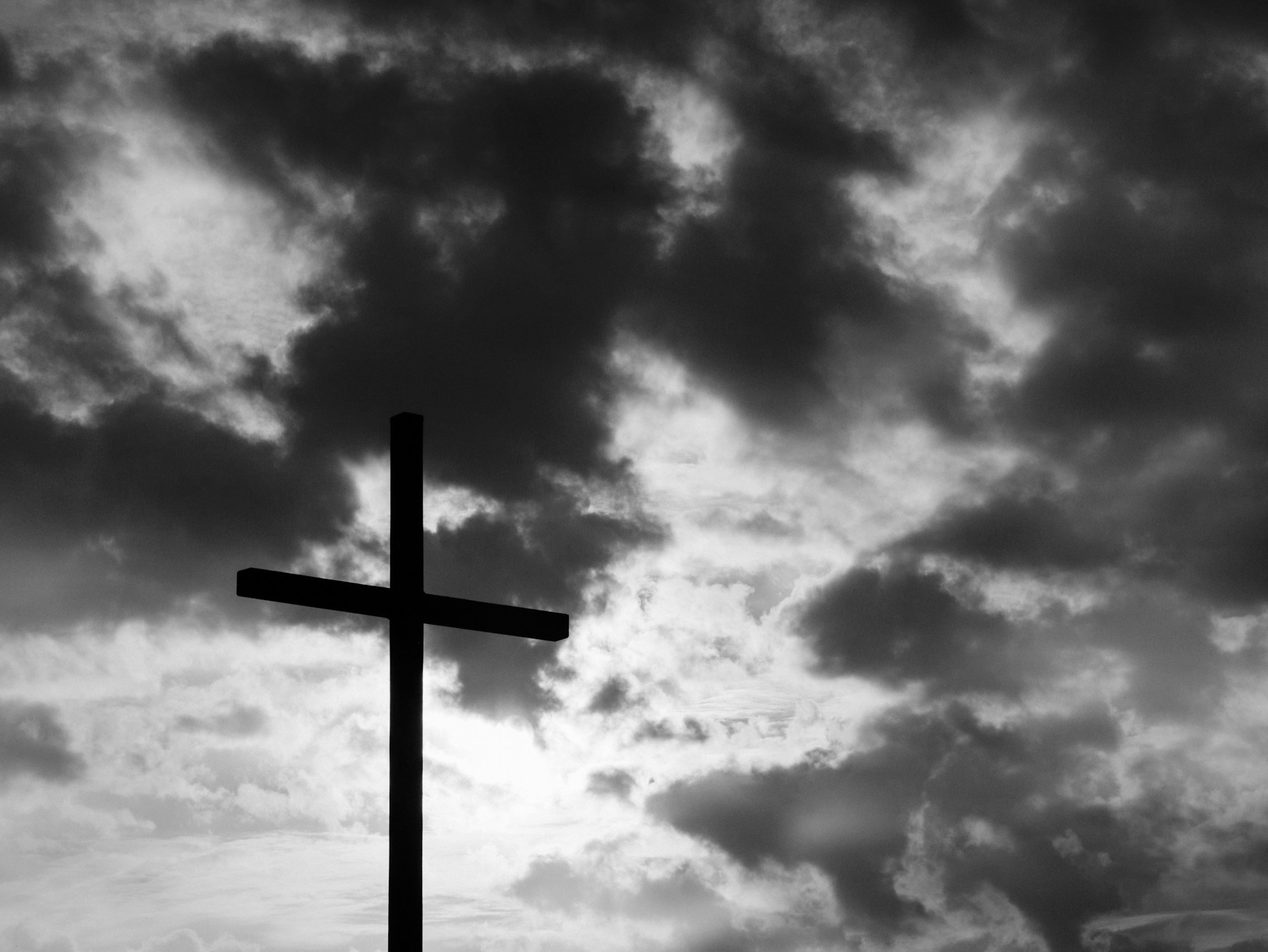I picked out the word “disturbed” from the text that I chose to reflect on today to title this short post. However, my sense is that a better word, at least in English and in the context of what was happening, might have been “threatened”. Herod, in all likelihood, sensed a threat to his rule when the Magi passed through Jerusalem asking about about the king of the Jews.
“Where is the one who has been born king of the Jews? We saw his star when it rose and have come to worship him.”
When King Herod heard this he was disturbed, and all Jerusalem with him.
Matthew 2:2-3
The rest of the people in Jerusalem likely had a sense of wonder, or possibly anticipation. In that sense, they likely were disturbed. But if I think about Herod, I’m thinking that it was definitely a threat. He ruled over the area after having been appointed by the Roman senate. He ruled as king over the area, even if he was a “client” king, subject to Rome.
Jesus’s arrival on the scene made everyone, including Herod, presume that there would be a king that would come to overthrow the government, to cast off the oppression of the Roman government, and lead Israel to victory as God’s chosen people on the earth. That is, in fact, the same thing that the Jews wait for even today. They believe that there is a political leader, a Messiah, who is yet to come who will lead their people to greatness to save them.
Yet as Jesus arrived, similar to his cousin John the Baptist, Jesus called people to repentance, called them to believe in him, called them to place him as the king over their very lives. He never intended, nor tried, to be an earthly, political king. In fact, he had several opportunities to become king and routinely shunned the role. No, instead, Jesus called people to his kingdom, a spiritual kingdom, where he reigns as king over people’s lives. Not just in power, in government, and through laws. Not a political kingdom to rule a territory or even an attempt to rule over the entire world. Not yet, at least. No, Jesus’s claim as king is to be a king over our hearts, to give ourselves to him completely.
This same disturbance, or threat, that Herod felt, is the same that people feel even today. Jesus makes a claim for kingship and continues to call us into his kingdom.
Jesus hasn’t forced anyone. He hasn’t subjugated or conquered people or lands so that he will rule over them. No, we have to willingly repent, recognizing that our lives do not work without him as king. We have to realize the emptiness, the meaninglessness of our lives without a king that not only reigns for a short time, but reigns for eternity.
Like Herod, this disturbs many people though. It threatens them because they do not want to give up their own authority. They do not want to give up their own decision-making power. They do not want someone else having authority over them, so they refuse to follow Christ. They refuse to acknowledge his kingship. They stand in opposition to his kingdom.
This is the decision that we must make. Often, we speak of salvation from our sins, and it is true that this is what Christ did for us. He did save us from our sins. But that was done for a purpose, so that he would give us entrance into his kingdom. He purchased us away from the kingdom of darkness to come into the kingdom of God.
Yet where there is a kingdom, there is also a king and our true decision is whether or not Jesus will not only be our savior but that we will allow him to truly be also our king, our head and ruler over us. Jesus described gaining the kingdom being like finding treaure in a field or a priceless pearl, but that is a decision that each of us make make, whether we will receive the news of our king with great joy, or we will receive that same news and be disturbed or threatened because he claims to be the king of our life.







